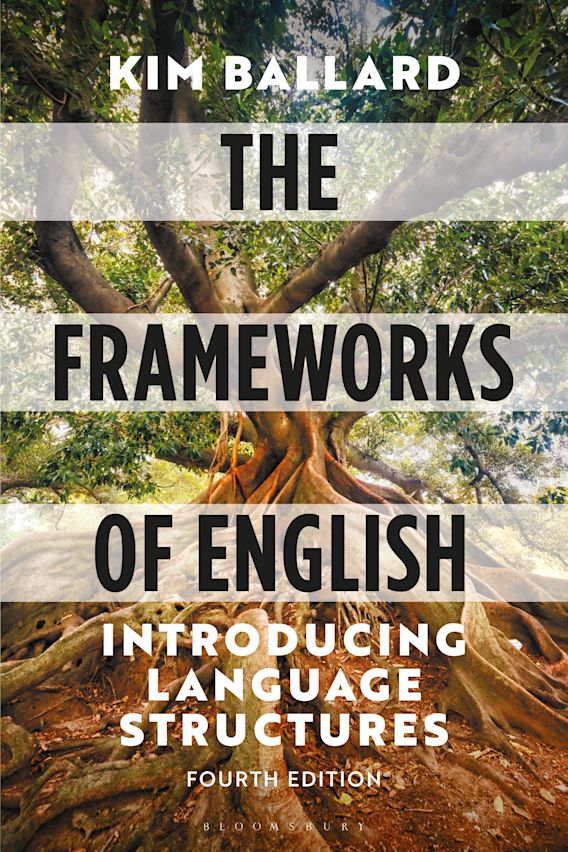



johndoe@gmail.com
Are you sure you want to reset the form?
Your mail has been sent successfully
Are you sure you want to remove the alert?
Your session is about to expire! You will be signed out in
Do you wish to stay signed in?
Question 1 (Consolidate)
From the following options, select the transcribed example which mirrors the standard RP pronunciation, as it might appear in a dictionary of British English. (The symbol | is used to indicate that the word is stressed on the syllable it precedes.)
|
| option 1 | option 2 | option 3 |
| feather (noun) | [|fevə] | [|feðə] | [|feðər] |
| subject (noun) | [|sʌbʤekt] | [|sʊbʤekt] | [|sʌbʤɪkt] |
| farmhouse | [|fɑːrmhaʊs] | [|fɑːmhaʊs] | [|fɑːmaʊs] |
| houseplant | [|haʊsplænt] | [|aʊsplɑːnt] | [|haʊsplɑːnt] |
Answer/discussion
| feather (noun) | [|feðə] | (option 2) |
| subject (noun) | [|sʌbʤekt] | (option 1) |
| farmhouse | [|fɑːmhaʊs] | (option 2) |
| houseplant | [|haʊsplɑːnt] | (option 3) |
Question 2 (Consolidate)
In what ways were the other options non-standard? Were there any issues that arose in your decision-making?
Answer/discussion
For feather, [|fevə] is a non-standard pronunciation associated with London, while [|feðər], with its final /r/ is only heard in what are known as rhotic accents. The standard pronunciation for the noun subject is usually [|sʌbʤekt], although some more conservative RP speakers say [|sʌbʤɪkt], so this might be given as an alternative pronunciation. The vowel in the first syllable of [|sʊbʤekt] is found in some northern accents of British English. As for farmhouse, [|fɑːrmhaʊs], like [|feðər], is only heard in rhotic accents, while the h-less [|fɑːmaʊs] is another pronunciation associated with London but also found elsewhere in Britain. The dropping of h is also seen in [|aʊsplɑːnt] for houseplant. In certain contexts, the /t/ at the end of houseplant may be significantly reduced [|haʊsplɑːnt] or replaced by a glottal stop. (See Section 12.9, which discusses features of non-standard accents.) Option 1 for houseplant has the short vowel [æ] in plant, another feature of northern accents.
Question 3 (Explore)
As discussed briefly in Section 9.2, ‘Received Pronunciation’ is a somewhat controversial term because of the degree of privilege associated with its speakers. Here are four other terms that have been used or suggested:
BBC Pronunciation
Non-Regional Pronunciation (NRP)
General RP
General British
Assess the merits of each of these as an alternative for RP.
Answer/discussion
BBC Pronunciation was used as an alternative to RP in an era when all the news presenters spoke with an RP accent anyway. However, for at least twenty years now, there have been newsreaders who speak with regional accents, a prime example being the Welshman Huw Edwards. General RP is a comparable term to mainstream RP, although perhaps makes the accent seem less associated with privilege. General British goes a step further by removing the ‘received’ element (and the sense of approval that comes with it) from the term and makes a useful parallel with General American (or General Australian). Non-Regional Pronunciation (or NRP) is a reasonable alternative in that it chimes with the significance of RP for linguists as an accent that can be used as representative because it doesn’t belong to any particular geographical region. (The RP accent is traditionally associated with the south of England, including Oxford and Cambridge universities, even though RP speakers can be found anywhere.)

.